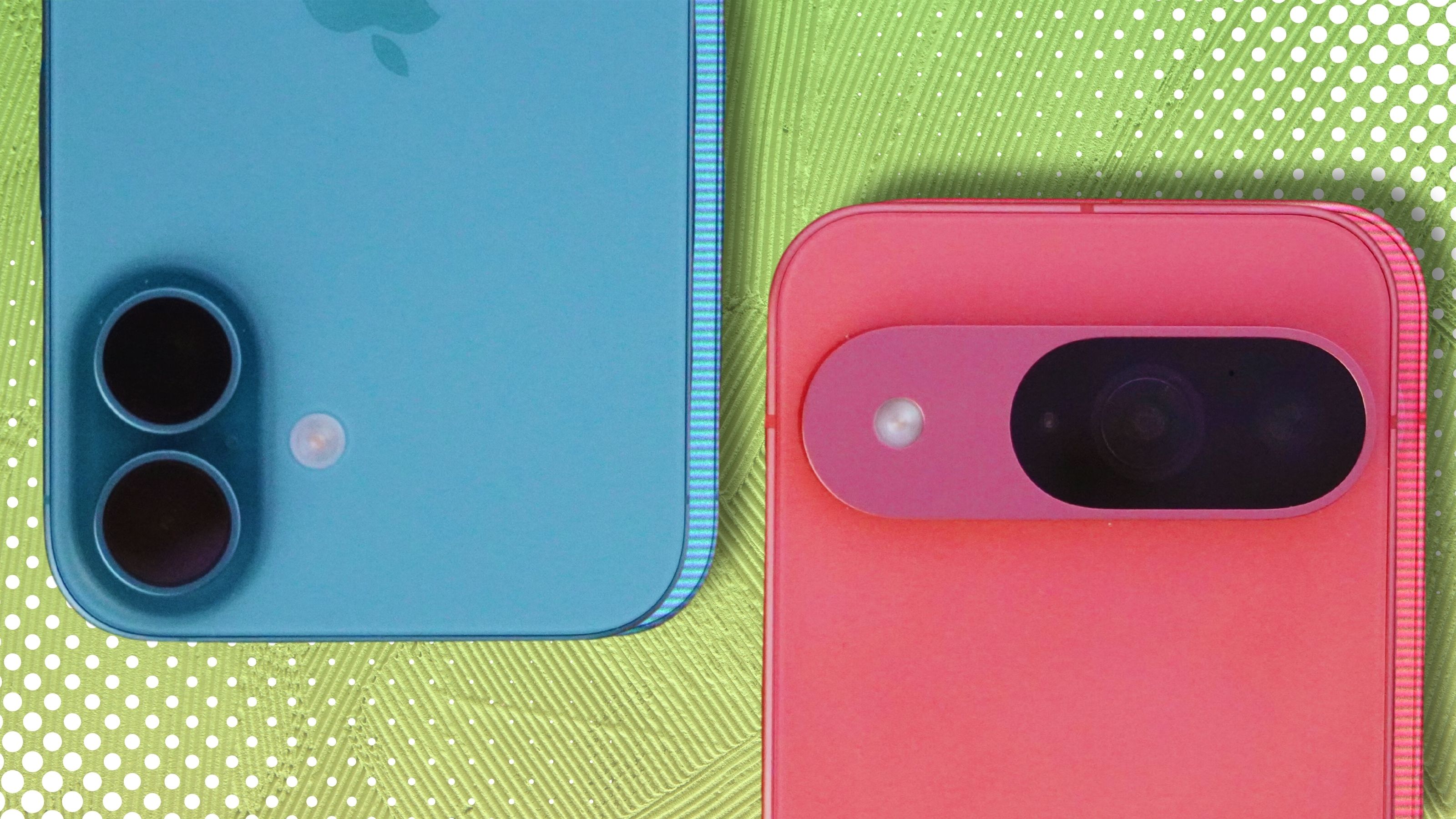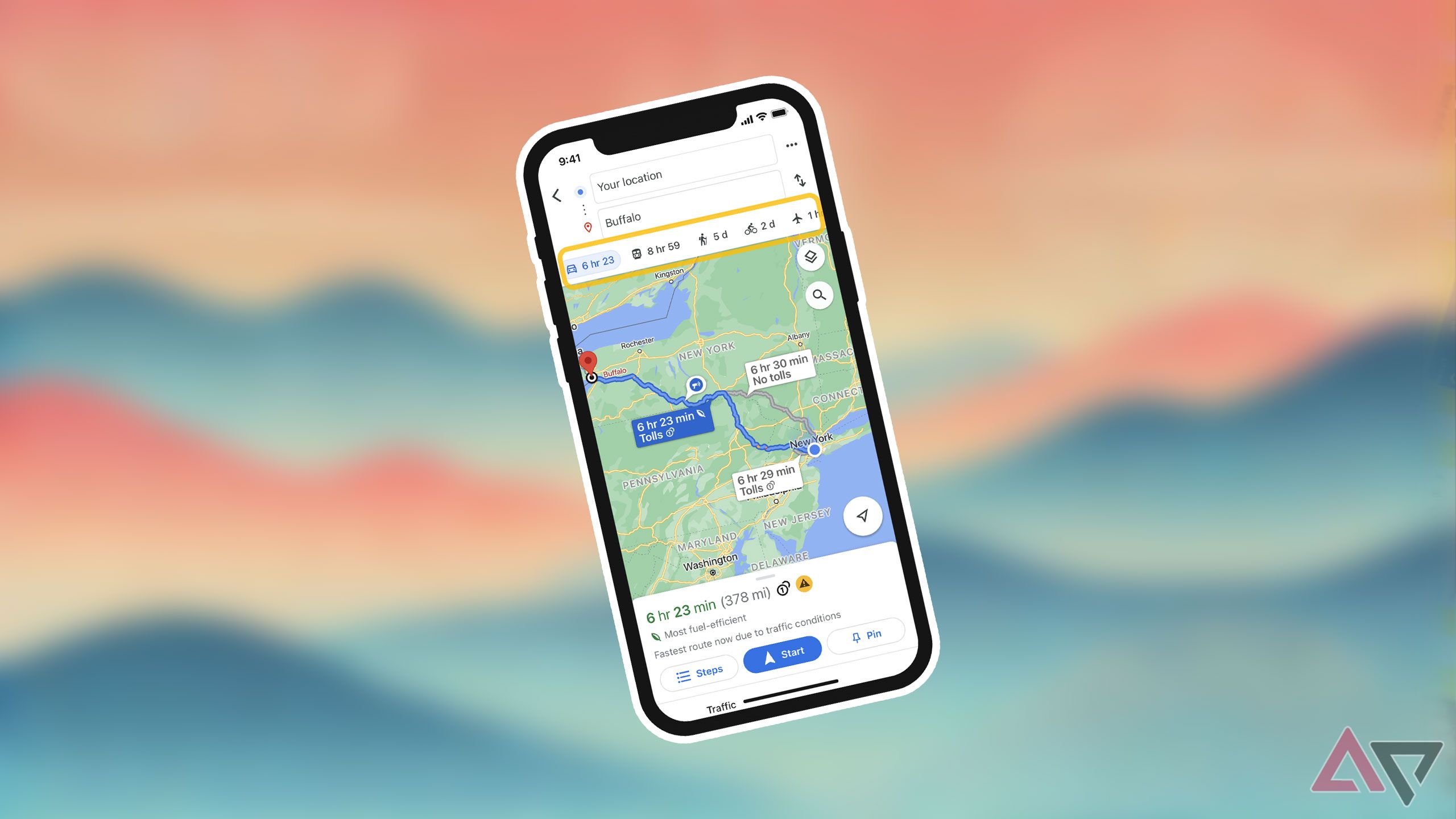Consumerism loves rivalry, and nothing proves it more than the endless Android versus iPhone debate. It’s fueled by flashy ads, clever marketing, and the constant temptation to upgrade. Both brands want you to pick a side and lock yourself into their ecosystem for life. It’s working. Maybe you’re guilty of scoffing when someone pulls out their Android to snap pictures at a party or thought an iPhone user was stuck up when holding their overpriced status symbol.
No Thanks, Keep Reading
It’s part of a game in which you didn’t realize you were playing a role. For some of us, it’s interesting to sit on the sidelines. Why must we choose which phone is best when we can enjoy the best of both worlds? For me, I find a balance for a wholesome experience. Here’s how I do it with Google Assistant and Siri.

Does it make sense to carry both an Android and an iPhone?
It’s an expensive idea, but could fragmented tech demand it?
What balancing Google Assistant and Siri means
Siri rests my hands, but Google Assistant is smarter
When most people think about balance, they picture an equal or perfect split. That isn’t quite it. It’s allocating your resources in the right ratio that gets the job done. In this case, it’s understanding when Siri or Google Assistant is the best fit for a task. Both are among the most popular virtual assistants, each with many strengths.
When you have two phones, a short attention span, and too much data to handle, you want a way to divide and conquer. The iPhone 11 isn’t my primary phone, but it’s easier to handle all communications with Siri in one place. It’s an indispensable piece of Apple’s ecosystem, and it keeps things simple. It’s responsive when I need it because I can’t get used to iOS’s gesture-based navigation system. At least with Android, you can choose if you’d rather have buttons.
Siri offers a way to bypass that. I use my voice to set reminders, make calls, and send quick texts across WhatsApp, iMessage, and other apps. On the other hand, Google’s solution is the more expansive helper. I use my Realme 12+ 5G as my work phone, for typing and drafting on the go, and for gaming. It is messy with tasks, and there’s a lot of information to manage. I often need a reliable source to make contributions in moments like that.
Being integrated with Gemini, Google Assistant gives real-time and updated information across the system. I tested it on my iOS 18 and Android 14 phones several times. One of those times, I asked Siri and Google Assistant what the latest version of Android is. Siri responded with Android 13, adding that the most stable version is Android 9. Google Assistant correctly said Android 15.
Both virtual assistants can mix up information. Still, you want the one that’s closest to accurate most of the time. Siri tends to pull web results from the internet to answer queries. Because it doesn’t always provide direct answers, you must decide the answer based on those results. Meanwhile, Google Assistant answers based on its knowledge base and taps into Gemini AI to provide more contextually relevant responses.
Google Assistant takes me home, but Siri is versatile
To each strength is a shortcoming
In navigation, I prefer asking Google Assistant to open Google Maps and give me directions rather than dealing with Siri. When I say, “Hey Google, take me home,” it opens the map to get me on my way. Even while driving, I can get directions, check live traffic conditions, adjust my route, and use offline maps. I can’t trust Siri to do all that because it can direct you to places far off from where you intended, sometimes on another continent, if you aren’t careful.
It’s annoying when Siri doesn’t prioritize nearby options like Google Maps. However, it works with third-party apps, including Google Maps, Waze, and Pandora. You can launch your preferred navigation map using a command. This feature was introduced in 2019 on iOS 13. It’s useful for anyone who likes using Google Maps on their iPhone. With iOS 18, it sounds even more natural.
Siri is customizable, and you can adjust how fast it talks to suit your listening style. If you prefer not to hear the voice, turn it off. You’re limited to the preset voices on Android and can’t do much about anything else. I also love that there’s no linearity to how you can control Siri on the iPhone. One way I experiment is with Siri Shortcuts.
Occasionally, I program my phone to text a contact automatically when it detects my arrival at a location on Apple Maps. However, there may be a delay. I have a separate shortcut with preset messages for moments like that. When I say, “Hey Siri, [shortcut name],” it brings up the text so that I can press send. Other times, I use shortcuts to play a specific playlist on Apple Music.

How to make Google Maps the default navigation app on your iPhone
Getting lost with Apple Maps? You can set Google Maps as the default on your iPhone in seconds
Who is more responsive?
Because you need an assistant that actually listens
I’ve heard people say Google Assistant is more responsive, but it isn’t always easy to say. Both assistants can be wonky. There are moments when Google Assistant refuses to respond, misinterprets my commands, or doesn’t perform the action I want. At the same time, Siri doesn’t understand the request or context.
Both have their moments of greatness and their fair share of frustrating glitches. If it feels like Google Assistant hears you more, it’s because Google has an advantage in data and computing resources. Unlike Apple, which is more privacy-focused and limits the amount of user data it collects, Google can access more data pools that we contribute to improve its voice recognition models.
Plus, its Tensor chips are tailored for any on-device AI and machine learning function. Even with Apple’s ARM-based M1 and M2 chips, they don’t have the same scale of infrastructure to match Google in training models and improving voice recognition.
Make the most of Android and Apple
You don’t have to choose between Siri and Google Assistant. Both ecosystems are designed with your preferences in mind, not necessarily for competition. Siri is the way to go if your priorities are simplicity, privacy, and a tight connection with your Apple devices. If you want broader search capabilities, superior integration with Google services, and a smarter assistant for complex queries, use Google Assistant. You can even combine both. The trick is to look beyond the basics and create smarter workflows for yourself.

